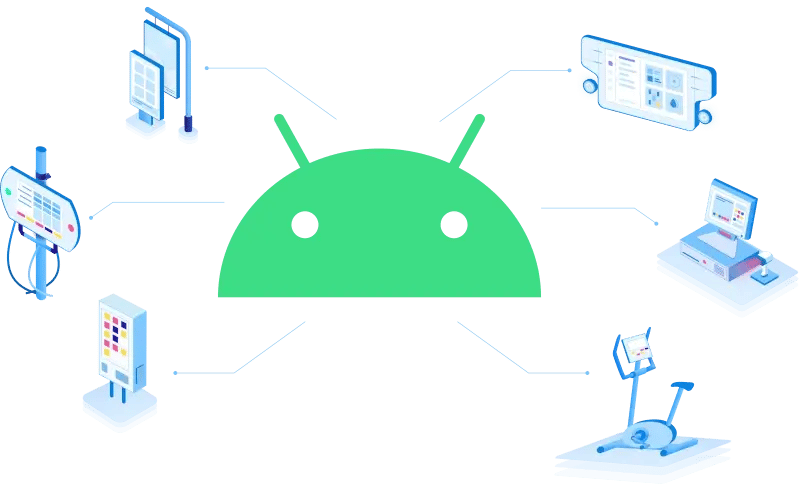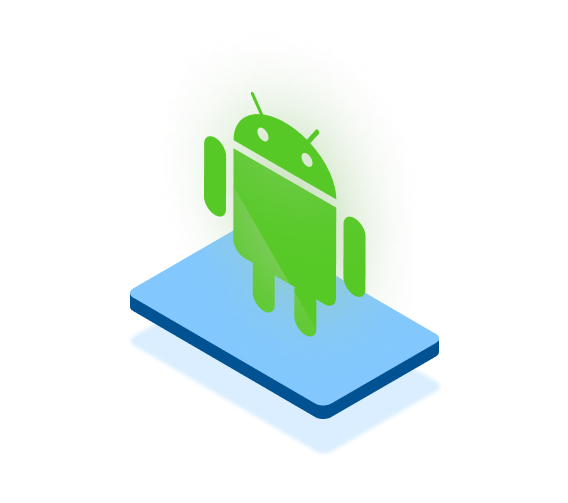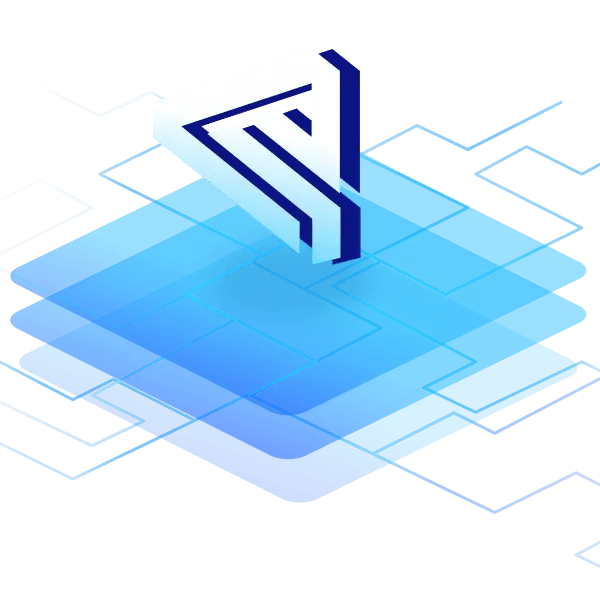1. What are the Apache license terms & conditions?
This is an open supply package license that permits you to unharness your changed version of an Apache-licensed product, no matter the license you wish for. You'll use, change, distribute, and sell packages commissioned beneath the Apache License 2.0 Android without fearing whether it's used privately or internally. Not like alternative permissive licenses that solely apply to copyrights and not patents, this one expressly grants users rights to each copyright and patent. The granted rights square measure perpetual, universal, irreversible, and non-exclusive, implying that the commissioned work may be utilized by you and/or anyone else.
If you spread a package that contains Apache-licensed elements, offer a replica of the license, a transparent Apache-License attribution, & amendment notices, all tell the files you edit.
You can choose to unharness modified or derived merchandise beneath numerous licenses; but, the Apache License should stay in impact for the unmodified elements of the package, and you can't determine your changed version by any means that the ultimate product is supported or developed by the ASF.
Additionally, you're allowed to incorporate a copyright statement describing all the modifications you have created to any Apache commissioned work. You'll choose to add specific licensing terms and conditions that limit others. However using, replicating, or distributing your modified code as a result of the Apache license 2.0 android doesn't oblige you to share the changed code beneath the constant license.
2. What is the difference between the versions?
The Apache Group (later renamed the Apache Software Foundation) issued the first version of its license in 1995, but you'll find it hard to find components that still use it.
When Berkeley accepted the Free Software Foundation's argument and removed the advertising section from the BSD license, resulting in the modified BSD license, Apache followed suit, resulting in the Apache License version 1.1.
The removal of the advertising clause meant that the Apache License attribution was no longer needed in the advertising materials of derivative works of any Apache licensed product. It became acceptable to just provide the attribute in the documentation.
In 2004, the Apache Software Foundation opted to take a more dramatic departure from the BSD paradigm, producing the Apache License version 2.0, which granted patent rights and defined strong definitions of the concepts it utilizes to make it more cohesive.
3. Is the Apache considered copyleft?
Copyleft licenses necessitate the distribution of spinoff works or changed versions of existing packages below the identical licenses. There are not any such constraints within the Apache License 2.0 android. It has liberal permissions and permits you to share the updated parts of the code below any license you wish. Although, you have got to distribute any parts of the program that haven't been updated below the identical license.
In addition, all original copyright, patent, trademark, and credit statements should be enclosed within the decentralized code of each authorized file. A notification relating to all the modifications created to the initial file should be enclosed in every updated file.
4. What is the difference between the Apache license 2.0 and the GNU GPL?
The gnu GPL could be a copyleft license. As a result, any software package that has a GPL-licensed element should offer the complete ASCII text file, still as all rights to change and distribute it. you cannot notice such restrictions underneath the Apache License 2.0. you're not obligated to create your updated version publicly. you'll conjointly prefer to distribute your updated version underneath a unique license (albeit you need to keep the Apache License for the components of the code that haven't been changed).
5. Is the Apache license compatible with the GNU GPL?
Because Apache License a pair of 2.0 and GPLv3 square measure compatible, you'll be able to freely mix code distributed underneath these 2 licenses. However, the resultant package should be distributed underneath the GPLv3 license.
The 2.0, on the opposite hand, is incompatible with GPLv2 thanks to a limitation that stops patent rights from being granted if the retail merchant sues for infringement. Previous Apache versions square measure backward compatible since they support the BSD license.
6. What is the difference between Apache license 2.0 and MIT?
The MIT license is one of every of the foremost liberal free computer code licenses accessible. In general, you'll do no matter what you wish with MIT-licensed computer code as long as you give a replica of the initial MIT license and a copyright notice.
When it involves alterations, though, it's strict rules. It necessitates that you specify all of the changes you've created to the initial program, i.e., modification notifications should be preserved. The License conjointly specifies that you simply might not name your product in any means that imply Apache endorsement. As a result, your product may be stated as "SuperWonderServer powered by Apache," however not "Apache SuperWonderServer." There aren't any such restrictions underneath the MIT license.
In distinction to the contract, the MIT license is gaining favor among developers due to its short and easy license agreement. though the Apache License 2.0 and therefore the gnu General Public License square measure primarily similar in terms of what you'll and cannot do, it's much more "lawyered" and tedious. The appendix, that explains the way to apply for the license, is even lengthier than the MIT license itself.
7. What is the difference between Apache license 2.0 and BSD?
Another very permissive license is the BSD license, which permits alteration and redistribution software under the BSD license in any way you like. The License was formerly similar to the original (and later updated) BSD, but 2.0 differentiates them. These are the most significant distinctions between the two licenses:
Explicit grant of patent rights: The 2.0 specifies the grant of patent rights when using, altering, or distributing Apache licensed software, as well as the conditions under which this grant may be revoked.
Clear definitions of the terminology and concepts used: The 2.0 explains all the terms and concepts in use. There isn't much room for ambiguity in this situation.
The 2.0 can be simply reused by other projects without any rewording in the license text itself.
8. How to use Apache license 2.0 in commercial products?
Any 2.0 licensed software can be freely used in commercial products. However, you must not identify your product in such a way that it appears to be an Apache endorsement. In addition, you must not utilize any of the Apache marks (such as the multi-colored feather) in your product or documentation.
While employing the licensed software in your commercial product, you must still adhere to its terms and limitations.
9. Can you license your own software under the Apache license?
Yes. The Apache License 2.0 allows you to release your own software under the Apache license.
10. Can you sell Apache open-source software/code?
Yes. Any Apache-licensed software/code can be sold.
So there you have it: the answers to 10 of your most frequently asked questions about the Apache License. Do you happen to have any more? I'd be delighted to research the answers for you.
The author of this site is not a lawyer, so don't take anything he says as legal advice. The information is supplied "as is." Please contact your legal adviser for a consultation.
Summary
The Apache Software Foundation has developed an open-source software license called the Apache License (ASF). It's a well-liked and frequently used license with a strong community behind it.
Any Apache-licensed product can be freely used, modified, and distributed under the Apache License. However, you must adhere to the terms outlined in the preceding questions while doing so.
Build unique products, boost device performance
See why emteria is the chosen Android™ customization & management platform for OEM solution builders — and what it can do for your team and customers.







